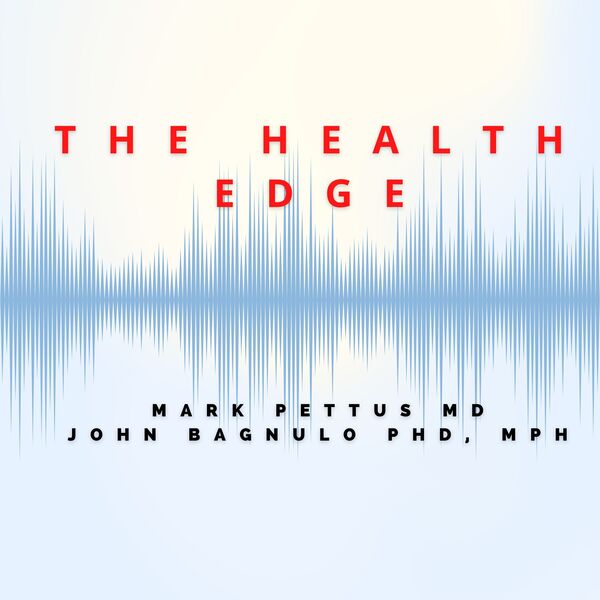
Is it possible that consuming too much fruit could be detrimental to your health? Are all fruits the same? In this recording of The Health Edge Mark and John will explore the relationship between dietary fructose intake (from sugar and high fructose corn syrup and fruits), endogenous metabolic conversion of glucose to fructose (high glycemic foods), and high salt intake (> 5,000 mg sodium/day) with high uric acid cardiometabolic syndrome risk. The evolutionary biologic importance of these pathways as an ancient survival mechanism when food sources were limited has become a major driver of chronic, complex disease in a contemporary context of high sugar and abundant year-round fruit availability. They elaborate on the research of Robert Lustig MD (UCSF), Richard Johnson MD (University of Colorado)and Robert Ludwig MD, PhD (Harvard). Enjoy!


